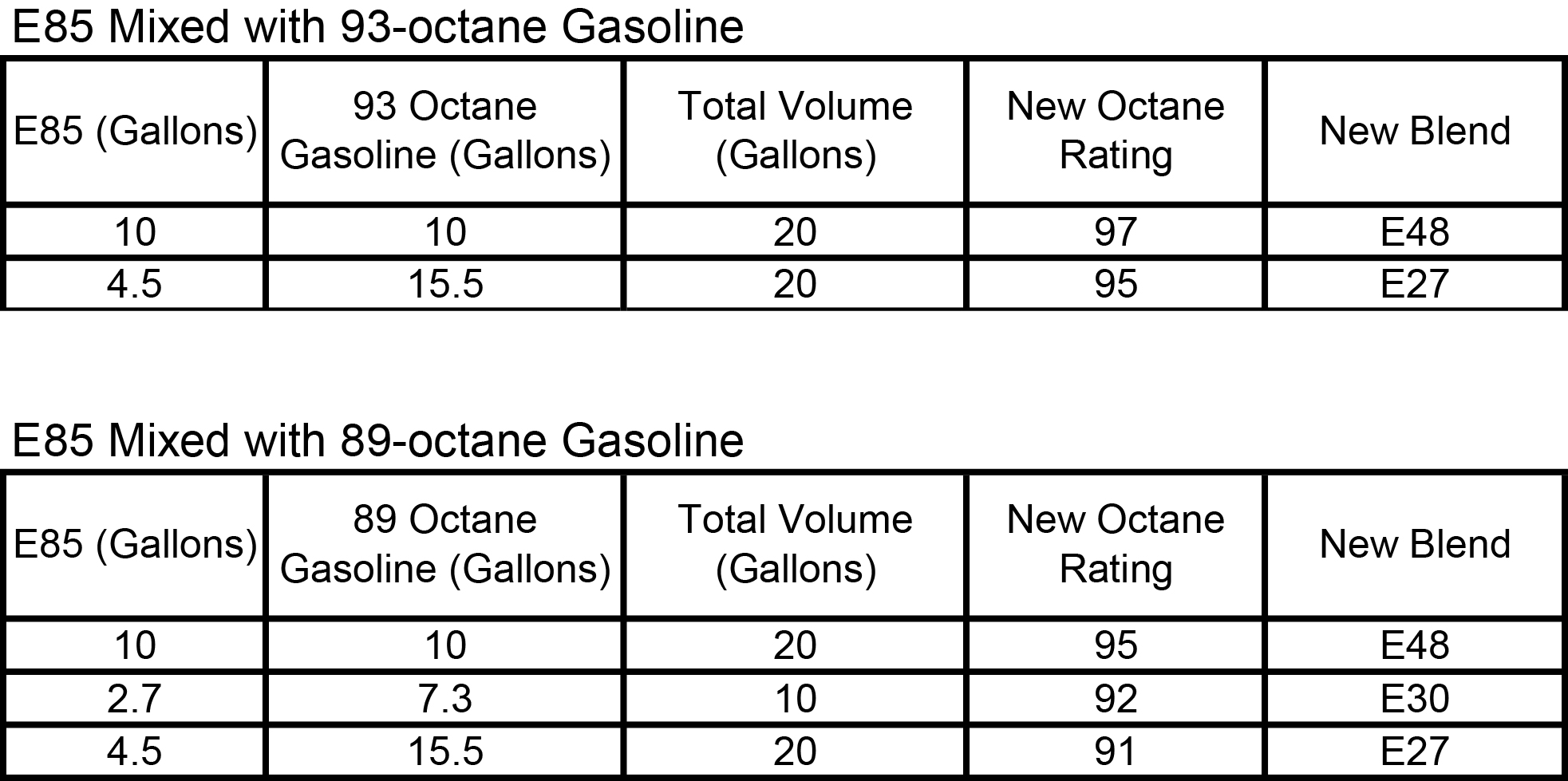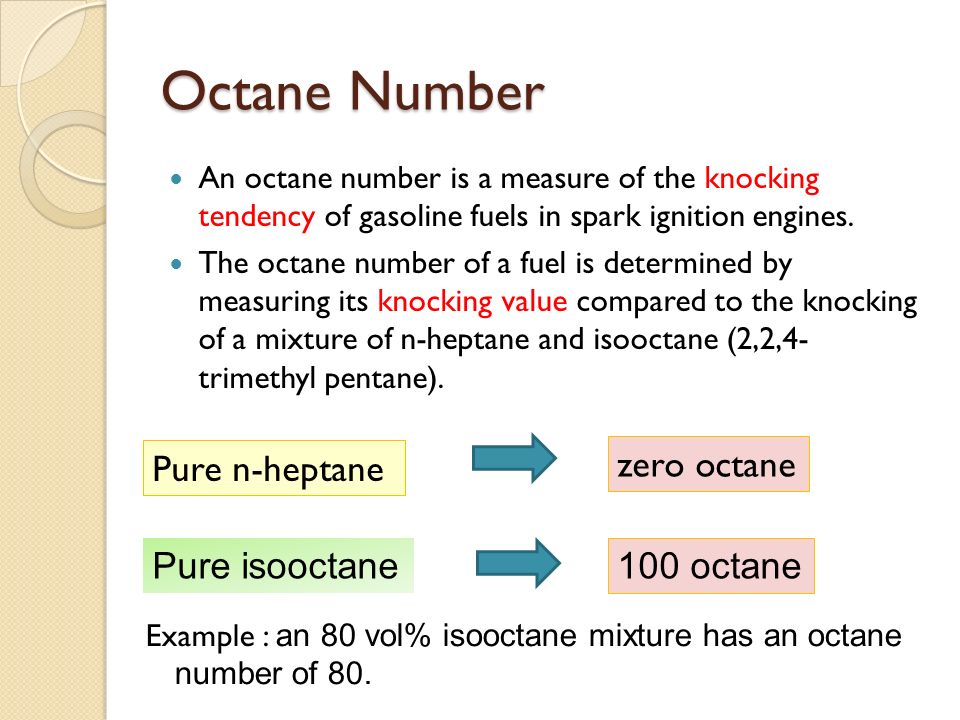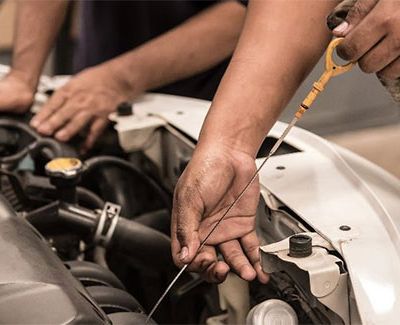What’s the Real Difference Between 92, 95, and 98 Octane Gasoline?
Table of Contents
Toggle
Many car owners find themselves hesitating at the fuel pump, wondering:
Is 95-octane gasoline better than 92? Is it more fuel-efficient or better for my engine?
This article will break down the myths and facts about different gasoline grades—particularly 92, 95, and 98 octane fuels—and help you understand how to choose the right one for your vehicle.
1. Is Higher-Octane Gasoline More Fuel-Efficient?
One common misconception is that the higher the octane number, the more “durable” or long-burning the fuel is. However, there’s no scientific evidence that higher-octane fuels provide significantly better fuel economy for all vehicles.
According to the China Petroleum & Chemical Corporation (Sinopec Research Institute), which conducted fuel consumption tests on various octane levels, the difference is negligible:
-
92-octane gasoline: Average fuel consumption = 6.462 L/100km
-
95-octane gasoline: Average fuel consumption = 6.525 L/100km
This test shows that the difference in fuel economy between 92 and 95 octane fuel is minimal—less than 1%.

2. What Does the Octane Number Mean?
The octane rating of gasoline refers to its anti-knock properties, not its quality or energy content. The number (e.g., 92, 95, or 98) indicates the fuel’s ability to resist engine knock or detonation under pressure.
-
92 Octane = 92% isooctane + 8% n-heptane
-
95 Octane = 95% isooctane + 5% n-heptane
So, the higher the number, the better the anti-knock performance, which becomes crucial in high-compression engines. It does not mean that the fuel burns slower or lasts longer.
3. What Happens If You Use the Wrong Octane Rating?
Using the wrong fuel can affect your engine, especially if your vehicle has specific fuel requirements based on its compression ratio and intake method.
-
Naturally aspirated engines (lower compression ratios) generally perform well with 92-octane gasoline.
-
Turbocharged or high-compression engines require 95 or 98 octane to avoid knocking.
If a vehicle designed for 95+ octane fuel is filled with 92, it may experience:
-
Engine knocking
-
Reduced power output
-
Increased fuel consumption
-
Carbon build-up
-
Long-term engine damage or shortened engine life
However, using 95 octane in a car designed for 92 typically doesn’t cause harm but may not bring significant benefits, and could lead to incomplete combustion or increased carbon deposits in the long run.

4. How to Choose the Right Fuel? Check the Fuel Cap!
The best and simplest way to know what gasoline to use is to follow the label inside your fuel door or the vehicle owner’s manual.
Fuel choice should match the engine’s design:
-
92 Octane → Best for engines with a compression ratio of 8.6 to 9.5
-
95/98 Octane → Required for engines with compression ratios above 9.5
Think of gasoline octane like food for your car—stronger engines need higher-octane “food” to fully perform. Using the proper grade ensures better power delivery, combustion stability, and longevity.
5. Final Thoughts: Price vs. Performance
Higher-octane fuel like 95 or 98 has better anti-knock properties and usually costs more due to more complex refining and additive composition. However, under China’s National VI B fuel standard, all gasoline grades (92, 95, 98) meet strict environmental regulations, so environmental performance is similar.
If your vehicle is not specifically designed for 95 or 98-octane fuel, using higher grades won’t provide major benefits and may simply increase your fuel cost. But if you’re driving a turbocharged or high-performance engine, sticking with the manufacturer’s recommendation is essential for engine health and optimal performance.




